
Remains of trematosaurs from 250 million years ago found in Poland
Polish researchers have found 250 million-year-old remains of Trematosaurs, early Triassic amphibians that resemble modern-day crocodiles.
In a new publication in “Acta Palaeontologica Polonica”, the scientists also describe finds of early Triassic reptiles (procolofons) from the Świętokrzyskie Mountains region.
The research was led by Dr. Tomasz Sulej and Prof. Marcin Machalski from the Institute of Paleobiology of the Polish Academy of Sciences and Dr. Mateusz Tałanda from the Institute of Evolutionary Biology, Faculty of Biology, University of Warsaw.
The fossils were found in the 1980s in a disused quarry in Stryczowice (Świętokrzyskie Voivodeship) by Marcin Machalski, who identified traces of arthropods from the excavator group preserved on sandstone slabs.
📣 Our WhatsApp channel is now LIVE! Stay up-to-date with the latest news and updates, just click here to follow us on WhatsApp and never miss a thing!!
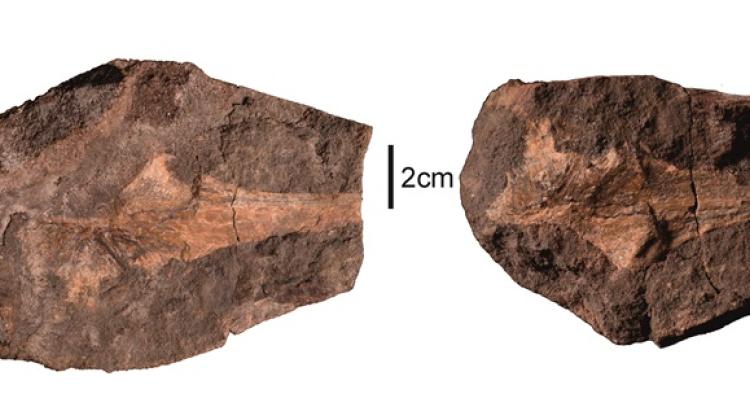
After recent research, the previously unidentified vertebrate remains found in Stryczowice turned out to be the parasphenoid bone (from the head) of a trematosaurus and the jaw of a procolofon.
“Although these are small finds, they are of great scientific importance. Previously, we found that trematosaurs were found in what is now Poland (m.in. At the paleontological site at Wióry in Świętokrzyskie Voivodeship, we found a few teeth that might have belonged to them), but only this bone proves to us that this was indeed the case,” he said.
The bone is 5-6 cm long. It was found in a piece of sandstone, a very hard rock. “We have shown that this is the parasphenoid bone of a trematosaurus. They were very unique amphibians, because in their evolution you can see that the skull gradually lengthened and the snout narrowed, which can be observed today, for example, in gharials,” – said the paleobiologist.
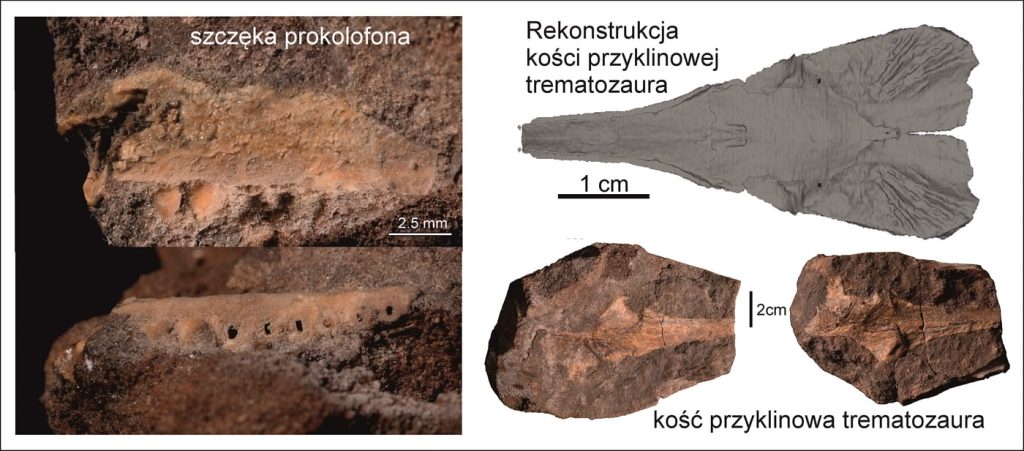
Fossils of these amphibians are already known from Germany and Russia (and Africa). “But our bone is different from these two examples. Maybe we are dealing with some kind of intermediate form? I hope that further discoveries will provide answers regarding the evolution of these amphibians,” he said.
The researchers also identified a fragment of a jawbone with five preserved teeth belonging to a reptile from the procolofon family. As Tomasz Sulej said, it was a fairly common group of reptiles that resembled small lizards – they had characteristic teeth in the shape of a drop of water.
Fossils of these reptiles are already known in Poland from Czatkowice near Kraków in the m.in. “But finding them in the Świętokrzyskie Mountains proves that prokophons were found in different environments and were diverse,” said Tomasz Sulej.
You may also like
- A 1700-year-old statue of Pan unearthed during the excavations at Polyeuktos in İstanbul
- The granary was found in the ancient city of Sebaste, founded by the first Roman emperor Augustus
- Donalar Kale Kapı Rock Tomb or Donalar Rock Tomb
- Theater emerges as works continue in ancient city of Perinthos
- Urartian King Argishti’s bronze shield revealed the name of an unknown country
- The religious center of Lycia, the ancient city of Letoon
- Who were the Luwians?
- A new study brings a fresh perspective on the Anatolian origin of the Indo-European languages
- Perhaps the oldest thermal treatment center in the world, which has been in continuous use for 2000 years -Basilica Therma Roman Bath or King’s Daughter-
- The largest synagogue of the ancient world, located in the ancient city of Sardis, is being restored

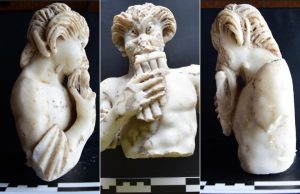


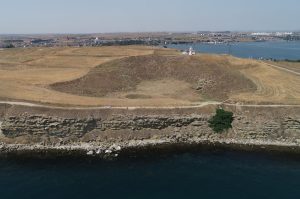
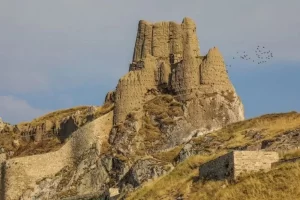





Leave a Reply